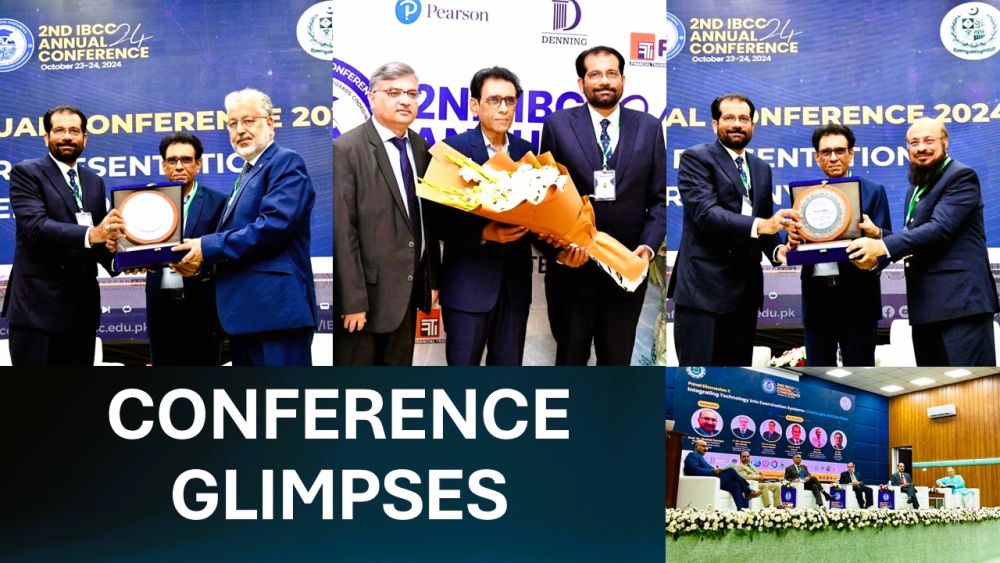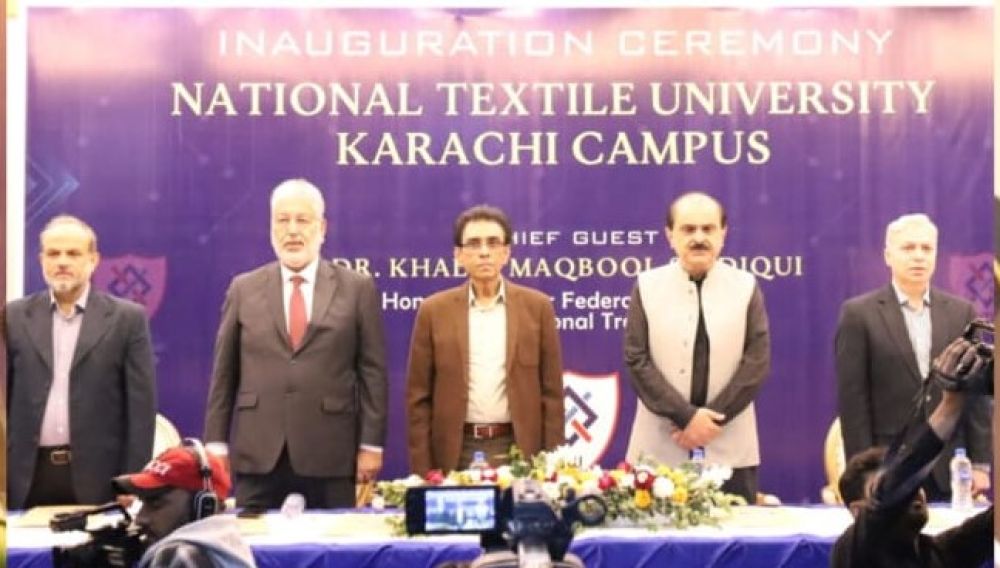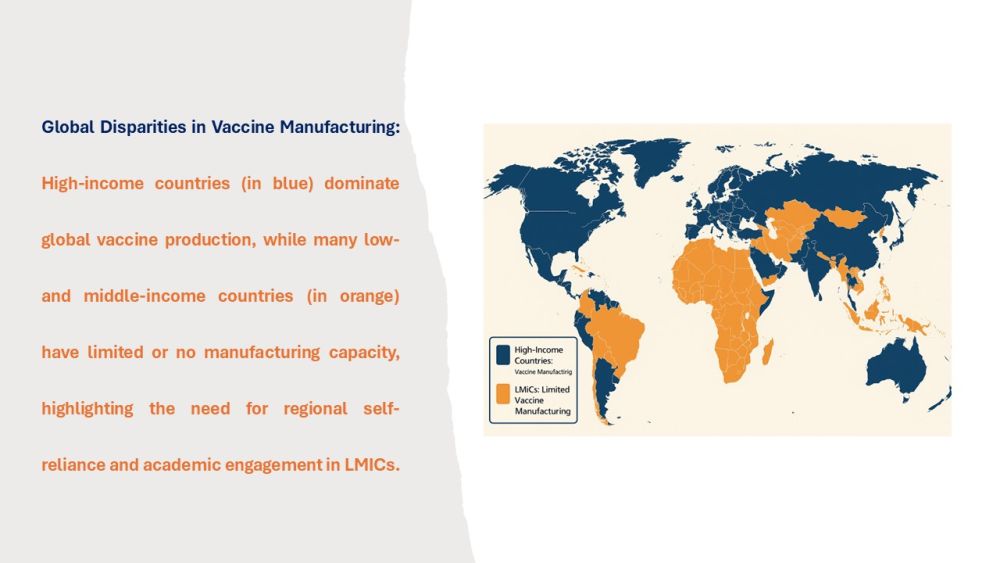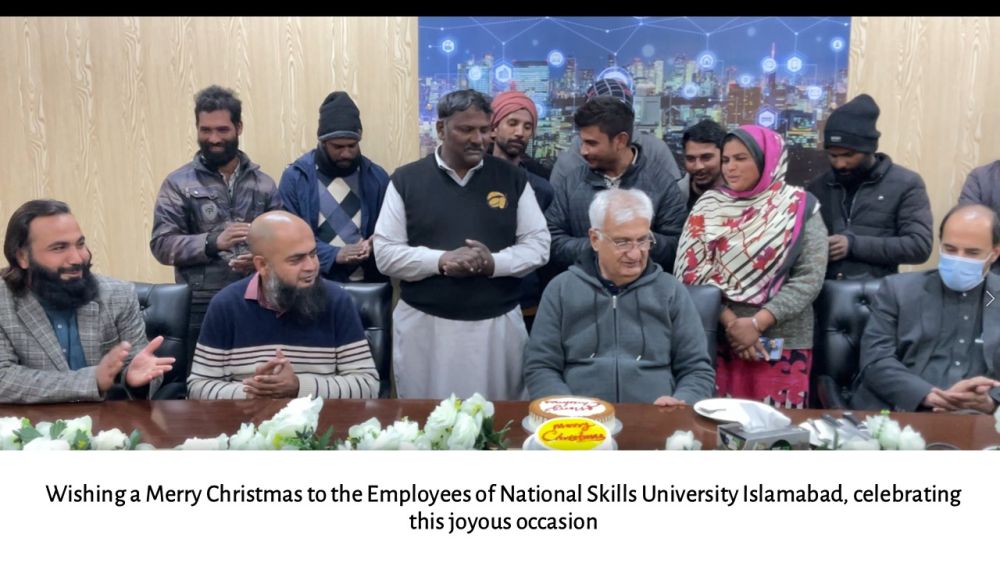Bridging Tradition and Innovation: Transforming Learning Assessment with Technology in Pakistan
Posted 1 year ago
The second annual Inter Boards Coordination Commission (IBCC) conference, held at Allama Iqbal Open University, Islamabad, has sparked a meaningful conversation about the role of technology in Pakistan's educational assessment. Under the theme "Building a Brighter Future: The Role of Technology in Assessment," the gathering of national and international educational leaders, policymakers, and industry experts discussed the pros and cons of implementing a technology-mediated assessment/examination system in Pakistan.
At the heart of the conference was a simple yet crucial idea: if Pakistan is to build an education system fit for the digital age, it must harness technology to reform its outdated assessment practices. This shift is no longer a choice but a necessity, underscored by the keynote speakers and participants throughout the event.
The opening address, delivered by Dr. Ghulam Ali Mallah, Executive Director of IBCC, emphasized the power of local and global collaboration in advancing assessment systems. His remarks set the tone for the conference, highlighting the need to modernize in line with international standards while addressing Pakistan's unique educational landscape.
Federal Minister for Education and Professional Training, Dr. Khalid Maqbool Siddique, the conference's chief guest, underscored this urgency, pointing out that technology is critical to ensuring fairness and transparency. In a world where data and algorithms drive decisions, using outdated, manual processes in education only exacerbates inequality. If Pakistan aims to uplift its youth and prepare them for global competition, it must invest in modern assessment tools that adapt to evolving challenges.
The significance of this endeavor was further reinforced by the presence of Dr. Mukhtar Ahmed, Chairman of the Higher Education Commission (HEC), whose address focused on the pressing need for technology-driven educational reforms. His words were a stark reminder that Pakistan risks falling behind in the global education race without technological innovation.
Professor Zubair A. Shaikh, President of Muhammad Ali Jinnah University, took a pragmatic approach in his keynote on the future of educational assessment, drawing parallels to global best practices. His message was clear: Pakistani institutions must innovate or risk obsolescence in an increasingly interconnected world.
Equally compelling was the address by Prof. Dr. Nasir Mehmood, Vice Chancellor of Allama Iqbal Open University, who delved into Pakistan's specific challenges in this domain. The country's educational systems grapple with infrastructural bottlenecks, outdated curriculums, and inconsistent assessment standards. Prof. Mehmood laid a roadmap for how technology can provide solutions tailored to the local context, moving beyond one-size-fits-all models.
A panel discussion on integrating technology into examination systems further illuminated the challenges and potential solutions. Education leaders and technology experts explored ways to address infrastructure gaps, ensure data security, and train educators and administrators on new tools. Moderated by Dr. Shahid Soroya, Director General of the Pakistan Institute of Education, the session offered practical insights on how Pakistan can build a resilient and forward-looking assessment system.
Perhaps most valuable were the capacity-building workshops, which provided actionable strategies for integrating digital tools into the assessment lifecycle. These sessions, including "Digital Solutions for the Assessment Lifecycle" and "Developing Implementation Plans for Standardized Assessment Frameworks," were not just academic exercises. They equipped participants with the tools and knowledge to implement these changes within their institutions.
The involvement of international education boards and organizations such as Cambridge International, Oxford AQA, and Pearson Pakistan underscored the global interest in Pakistan's educational reforms. Their participation provided invaluable knowledge-sharing and signaled that the world is watching and ready to support Pakistan's efforts to create a modern and fair education system.
Prof. Dr. Muhammad Mukhtar, Vice Chancellor of the National Skills University Islamabad, also participated in this event. According to him, the significant issues are the fair implementation and capacity of Pakistan's education system to take the bold steps necessary to embrace these technological advancements and build a brighter, more equitable future for its students. Elaborating further, he emphasized blended assessment systems for skills education in the country that can assess technical and social skills with core competencies aligning with the job markets. There are many challenges, but the opportunities are far greater. Let's hope Pakistan seizes them.





